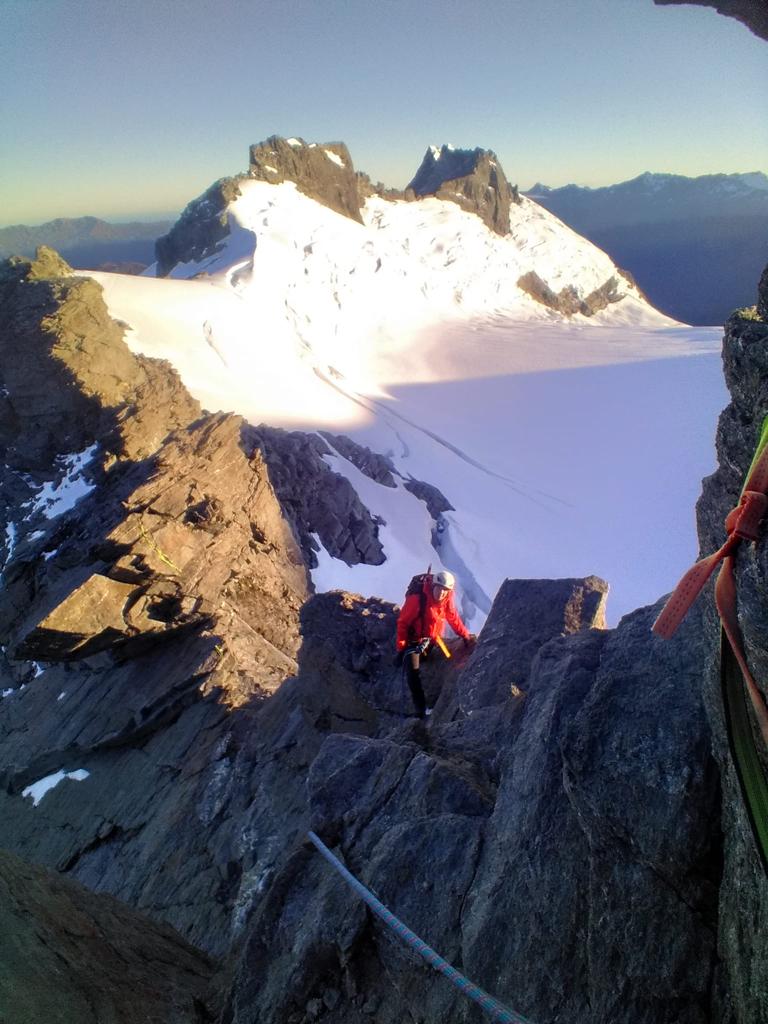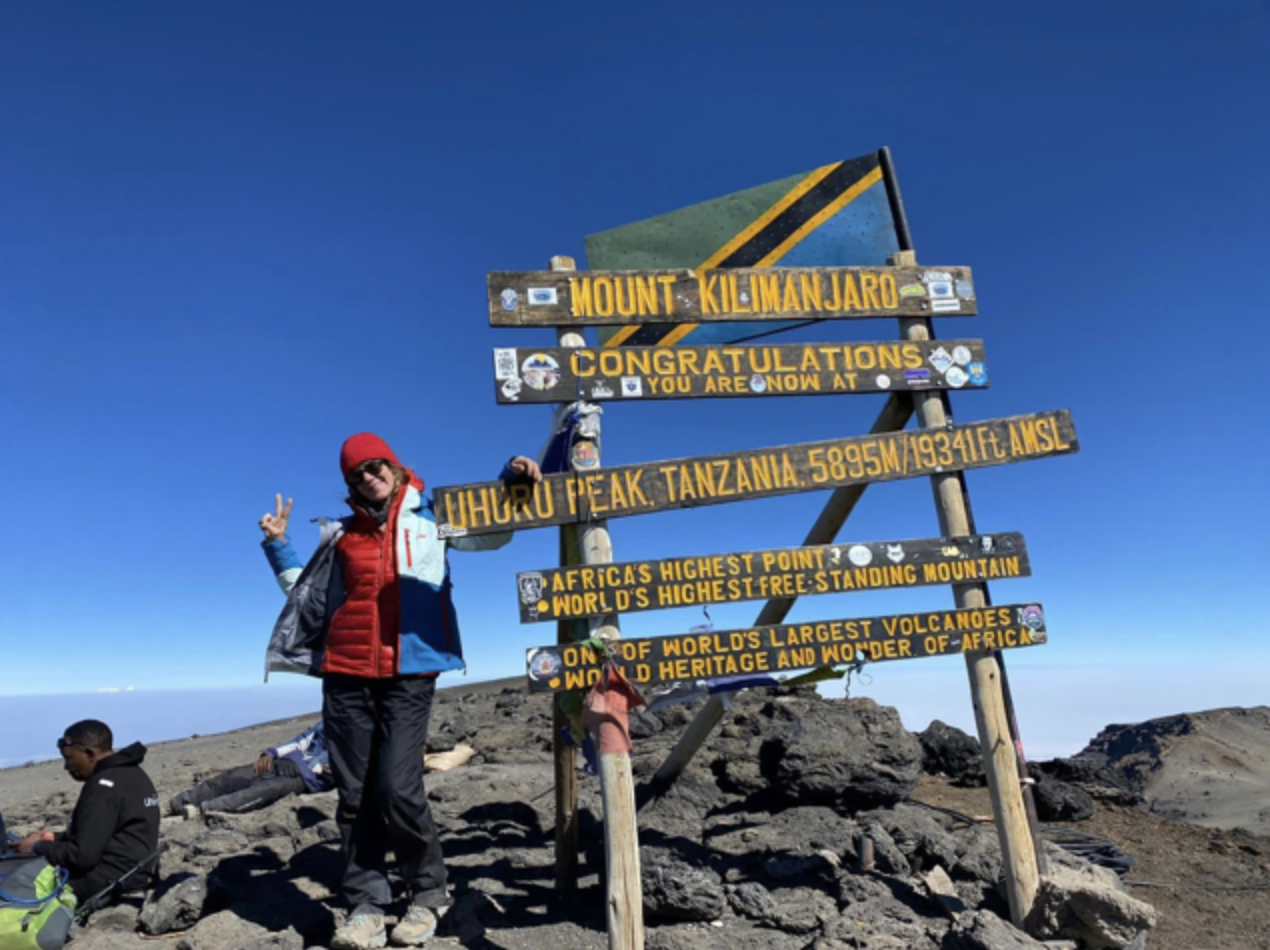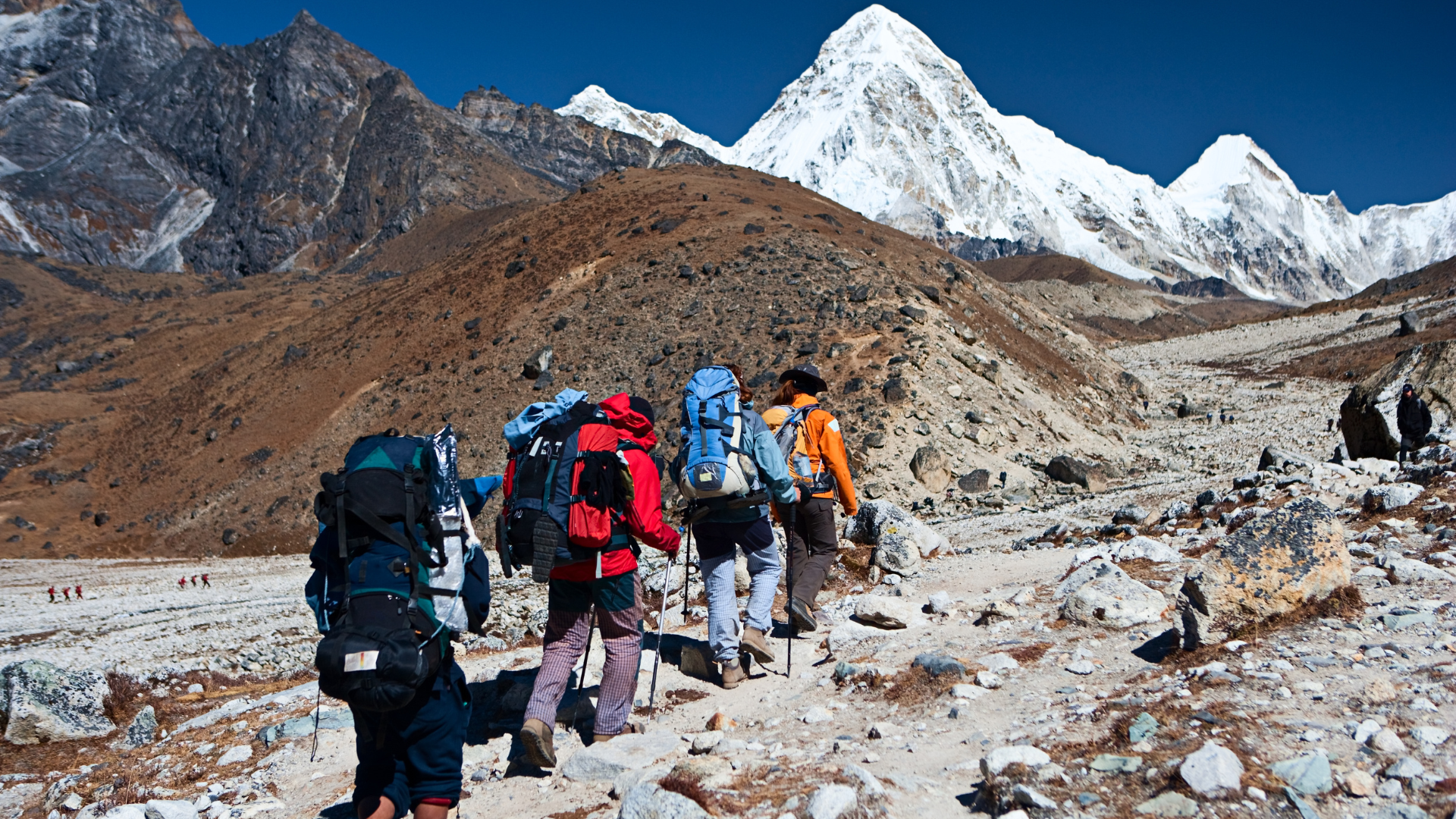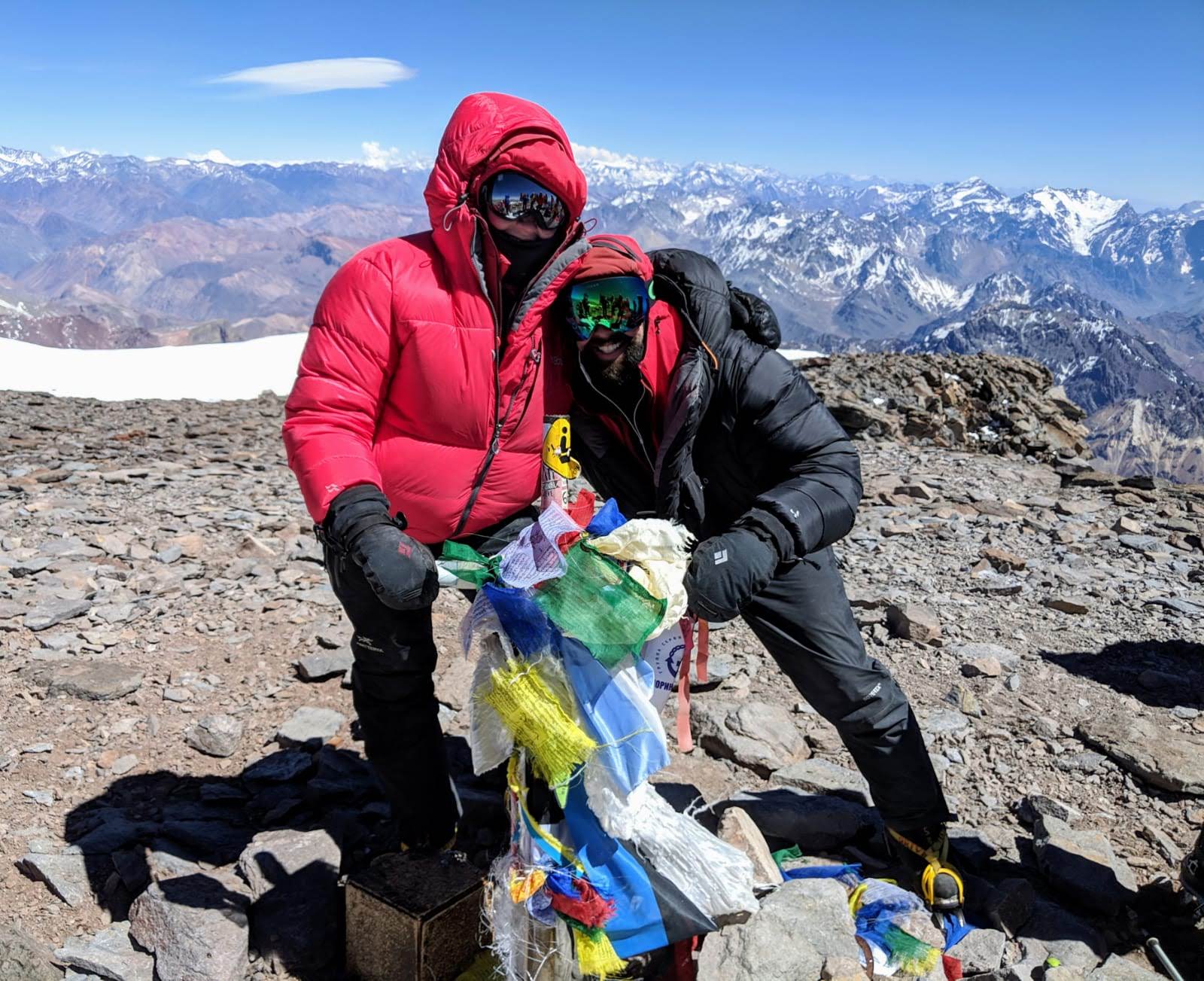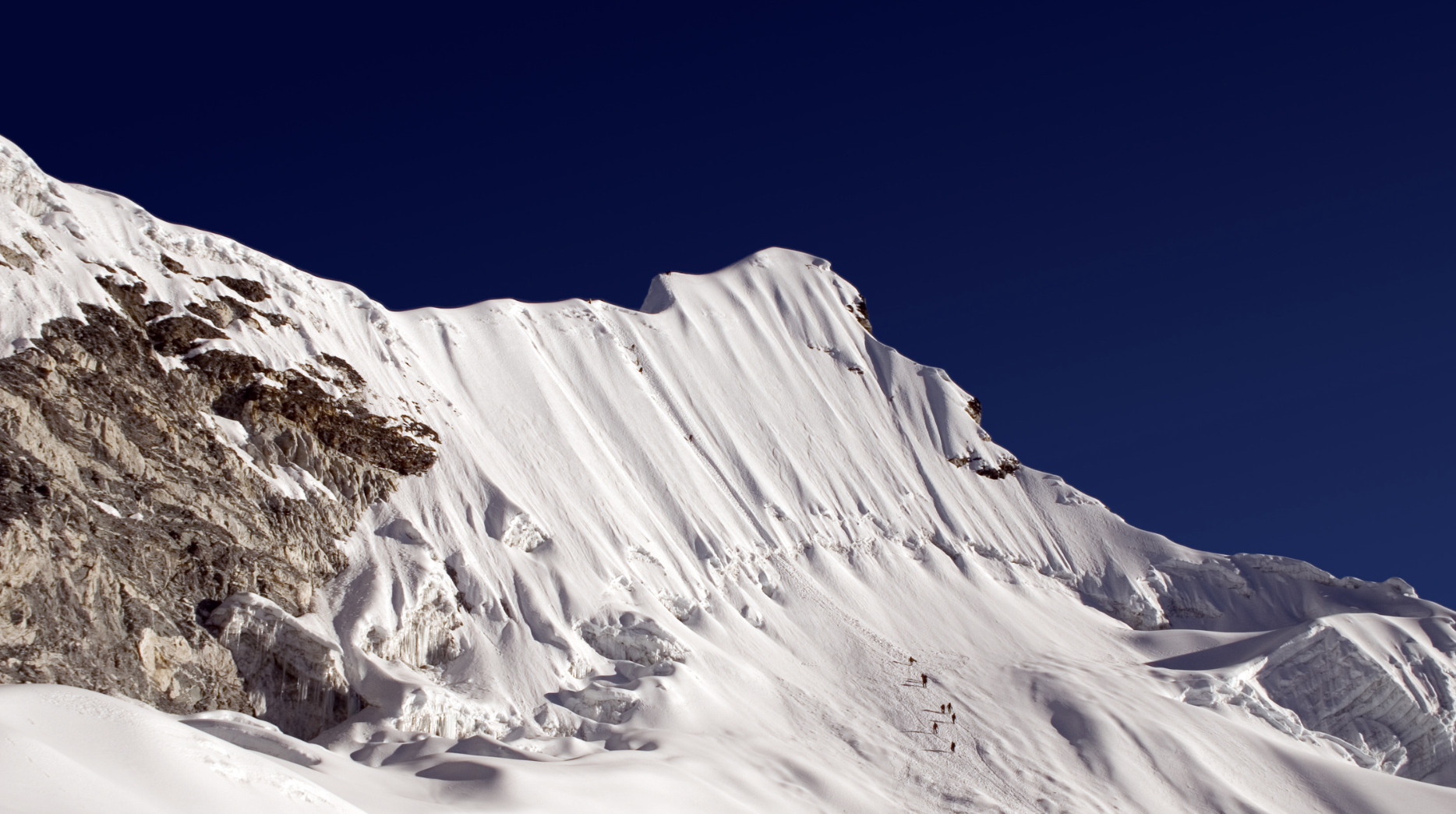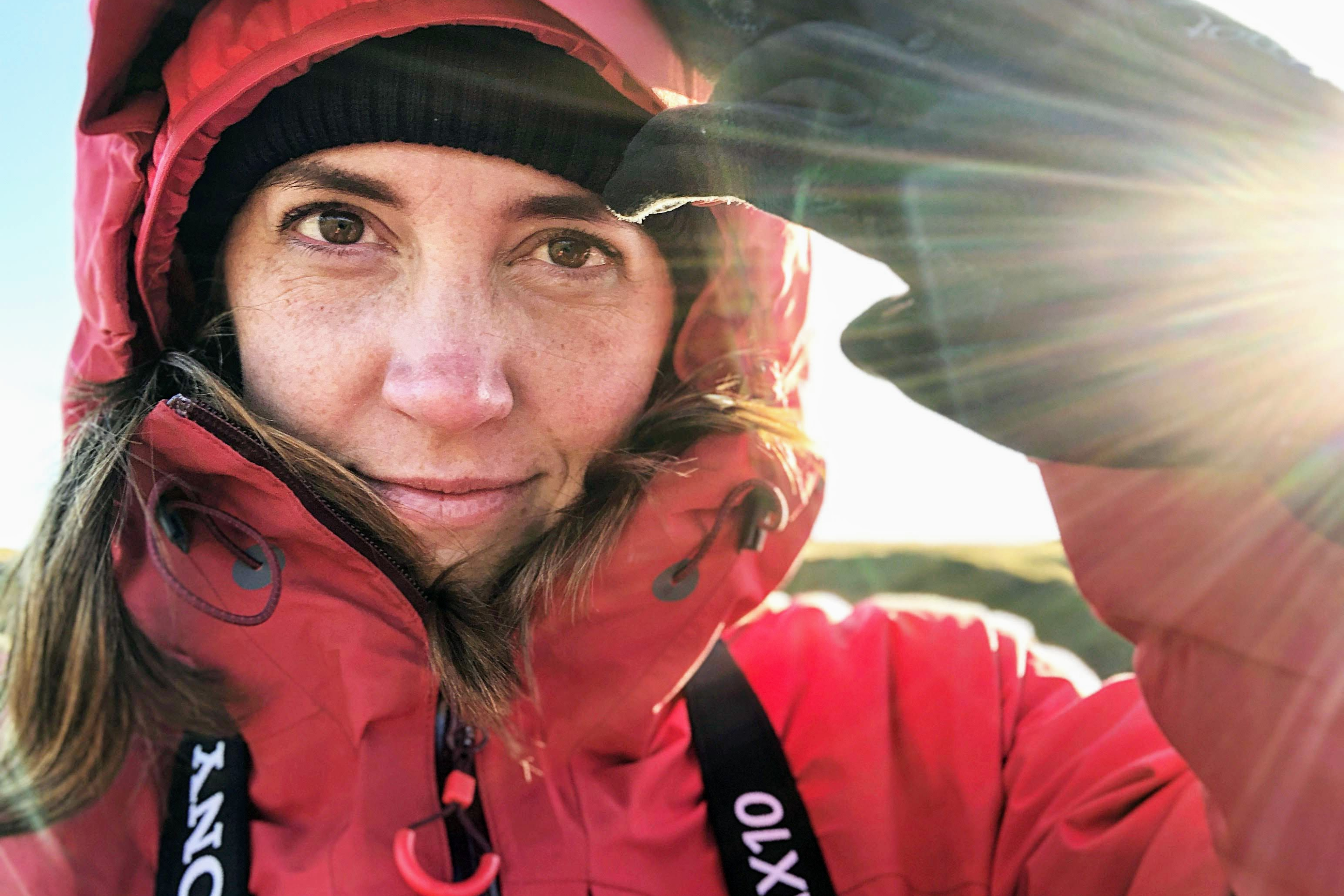Location: Nepal, 12km SW of Mount Everest
Summit Altitude: 5,806m
Climb Duration: 18 days
General Information
Pokalde Peak is classified as the lowest and shortest trekking peak in the Everest region. Depending on the weather conditions, you can climb to the summit without needing crampons or ice axes. During the main season, this peak is scarcely covered by snow and requires little more than trekking up with some sections of scree and rock to scramble over.
From the summit you can see the following mountains:
- Makalu (8,485m)
- Ama Dablam (6,812m)
- Pumori (7,161m)
Something quite special about this trek is the footprint you may find in the surrounding base camp area. In recent years there has been significant footprint evidence of the endangered snow leopard. Of course reaching the summit of Pokalde Peak would be the highlight (and goal) of the trip but having the chance to see a snow leopard would be equally as incredible with less than 10,000 left in the wild in the entire world.
Logistical Information
The best time of year to climb Pokalde Peak is between September to November and March to May. Pokalde Peak is located in the Everest region of the Himalayas and is 12km South West of Everest itself. The best way to get there is a small flight from Kathmandu (45 minutes) to Lukla, followed by a trek to Namche Bazaar.
Despite Pokalde Peak being classified as a trekking, non-technical mountain, you should still be planning a considerable amount of time to train and prepare for it. You cannot expect to summit this incredible, remote peak without training for it. The more trained you are, the more fun this incredible adventure will be. Training properly for it will be the difference between you enjoying every moment or struggling through
each step wishing for it to be over.
For a dedicated and specific training plan for Pokalde Peak, checkout this blog:
How To Train For Pokalde Peak PLUS The 8-Week Pokalde Peak Training Plan
If you’d prefer to work with a High Altitude Training Coach then click here for more information about The Mountaineering & Trekking Training Program.
